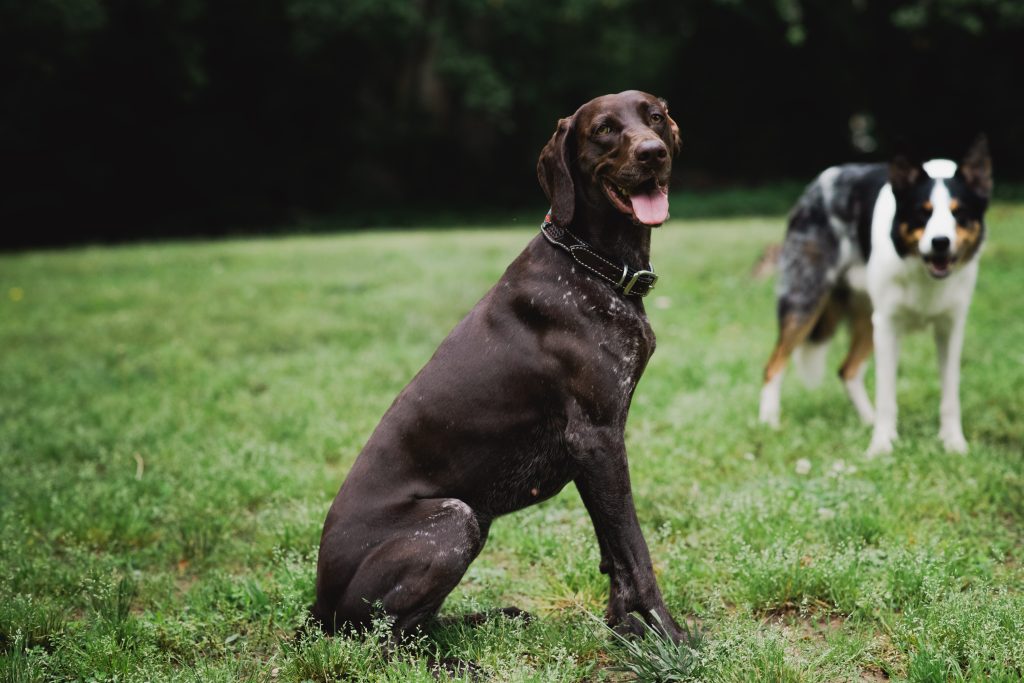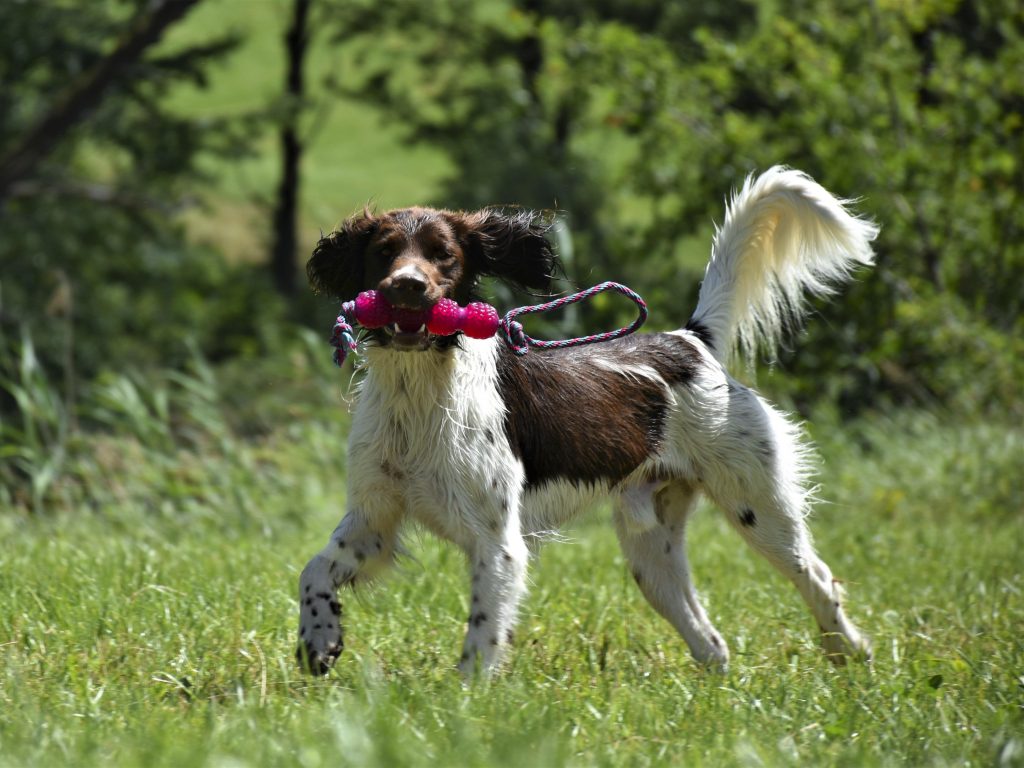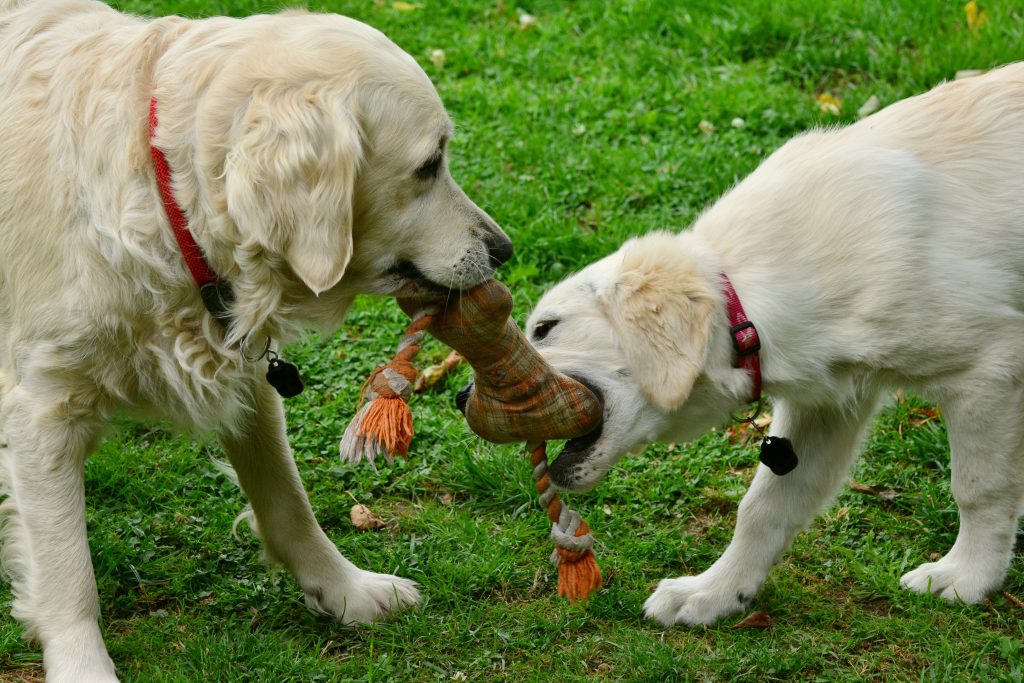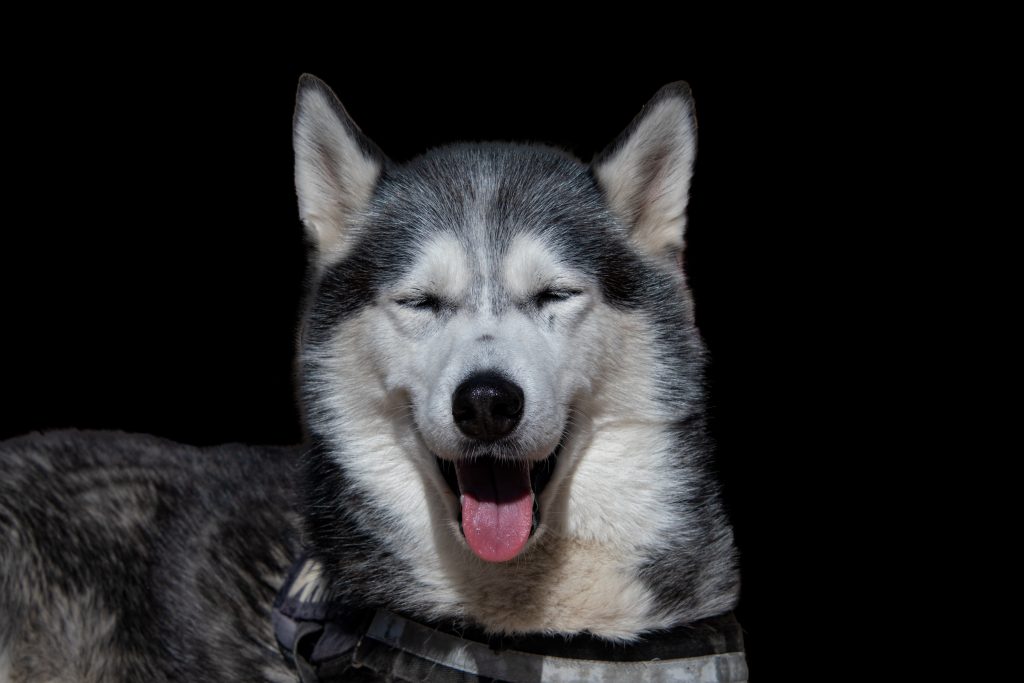Intervertebral Disc Disease, also called IVDD, is a common spinal condition in dogs, particularly affecting chondrodystrophic breeds like Dachshunds, Beagles, and French Bulldogs. It occurs when the intervertebral discs, which act as cushions between the vertebrae, degenerate or herniate. This degeneration can lead to compression of the spinal cord or nerve roots, resulting in pain, neurological deficits, and in severe cases, paralysis. IVDD can affect dogs of any age, but it’s most commonly seen in middle-aged to older dogs. The disease is classified into two types: Type I, which is a sudden extrusion of disc material, typically seen in chondrodystrophic breeds, and Type II, a gradual protrusion of disc material, more common in larger, older dogs. Genetic factors play a significant role in IVDD susceptibility, with some breeds having a higher predisposition due to their skeletal structure and disc composition.
Signs and Symptoms:
The signs and symptoms of Intervertebral Disc Disease can vary depending on the severity and location of the disc herniation. Mild cases may present with reluctance to move, hunched back, or neck pain. As the condition progresses, dogs may exhibit more severe symptoms such as difficulty walking, weakness in the limbs, loss of coordination, and dragging of the hind legs. In extreme cases, dogs may experience complete paralysis and loss of bladder and bowel control. It’s crucial for pet owners to be aware of these symptoms and seek immediate veterinary care if they suspect Intervertebral Disc Disease, as early intervention can significantly improve the prognosis.
Here are some Treatment Advice from our experts:
Treatment for Intervertebral Disc Disease depends on the severity of the condition. Mild cases may be managed conservatively with strict rest, pain medications, and anti-inflammatory drugs. More severe cases often require surgical intervention to remove the herniated disc material and relieve pressure on the spinal cord. Post-treatment care typically involves physical therapy, weight management, and gradual return to activity. In all cases, close monitoring and follow-up with a veterinarian are essential for optimal recovery. It’s important to note that some dogs may require long-term management and lifestyle adjustments to prevent future episodes.
Preventive Measures:
While Intervertebral Disc Disease cannot always be prevented, especially in predisposed breeds, there are measures that can help reduce the risk or severity of the condition. Maintaining a healthy weight is crucial, as excess weight puts additional stress on the spine. Regular, moderate exercise can help strengthen the supporting muscles around the spine. Avoiding high-impact activities and using harnesses instead of collars can also reduce strain on the neck and back. For breeds prone to Intervertebral Disc Disease, owners should be cautious about allowing jumping on and off furniture. Early intervention at the first sign of back problems can also help prevent more severe episodes.
In addition to these measures, providing a supportive sleeping surface can help alleviate pressure on the spine during rest. Orthopedic dog beds or memory foam mattresses can offer excellent support. Incorporating gentle stretching exercises and controlled physical therapy, under veterinary guidance, can improve flexibility and core strength, further supporting spinal health. Some veterinarians also recommend supplements such as glucosamine and chondroitin to support joint and disc health, though their effectiveness in preventing IVDD is still being studied. For breeds highly susceptible to IVDD, such as Dachshunds, implementing ramps or stairs for accessing furniture or cars can significantly reduce the risk of disc injuries. Regular chiropractic or acupuncture treatments may also be beneficial in maintaining spinal health and detecting early signs of discomfort. Ultimately, a holistic approach combining proper nutrition, exercise, environmental modifications, and regular veterinary check-ups offers the best strategy for minimizing the risk of IVDD in susceptible dogs.
Conclusion:
Intervertebral Disc Disease is a serious condition that can significantly impact a dog’s quality of life. Understanding the signs and symptoms allows for early detection and treatment, which can greatly improve outcomes. While treatment options are available, ranging from conservative management to surgery, prevention and careful management are key to minimizing the risk and severity of Intervertebral Disc Disease. By implementing preventive measures and being vigilant about their pet’s spinal health, owners can help ensure their dogs lead comfortable, active lives despite the challenges posed by this condition. Regular check-ups with a veterinarian and a proactive approach to spinal health are essential components of caring for dogs at risk of or affected by Intervertebral Disc Disease.




 Unlimited access and follow ups for continuous pet care
Unlimited access and follow ups for continuous pet care 








